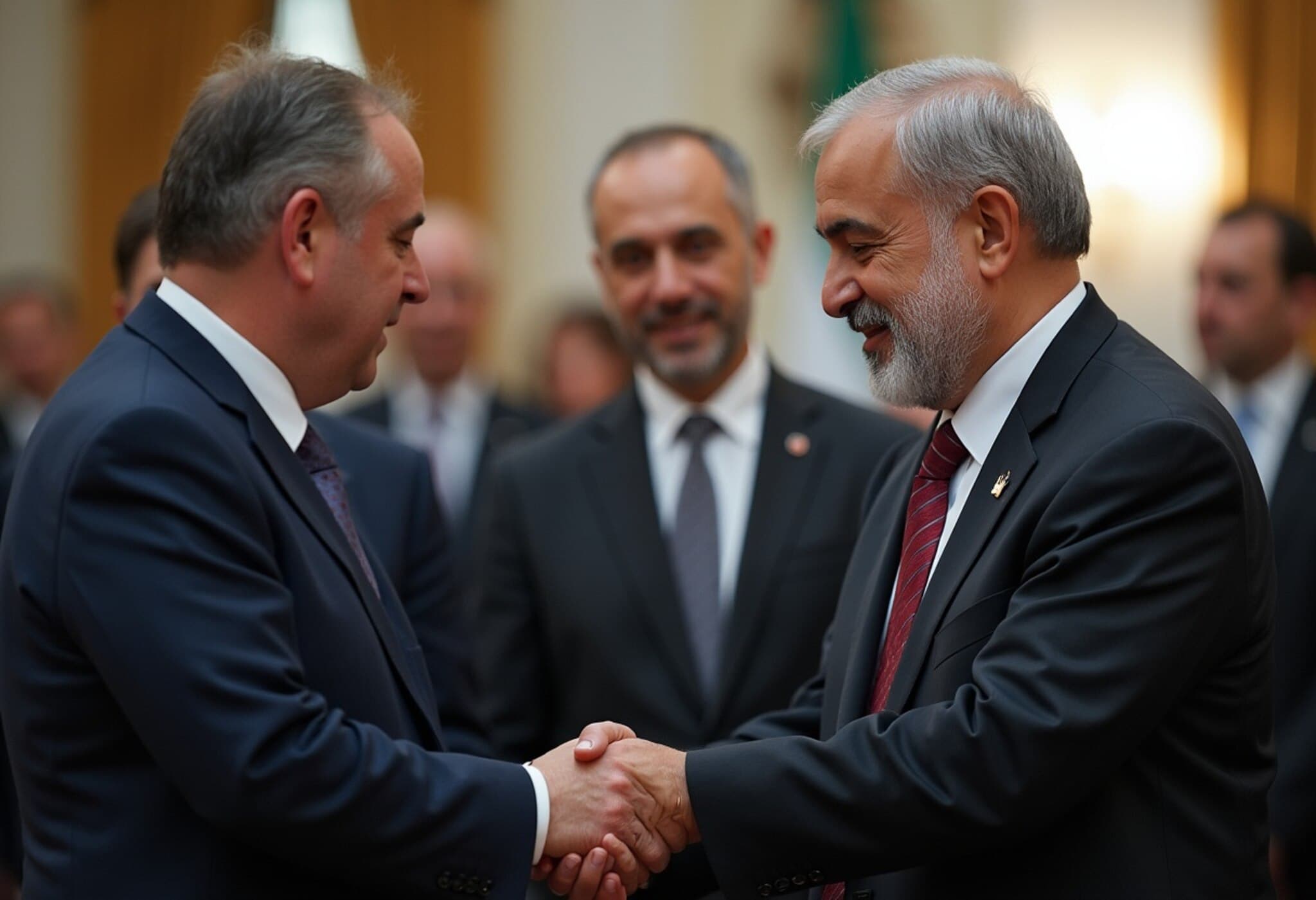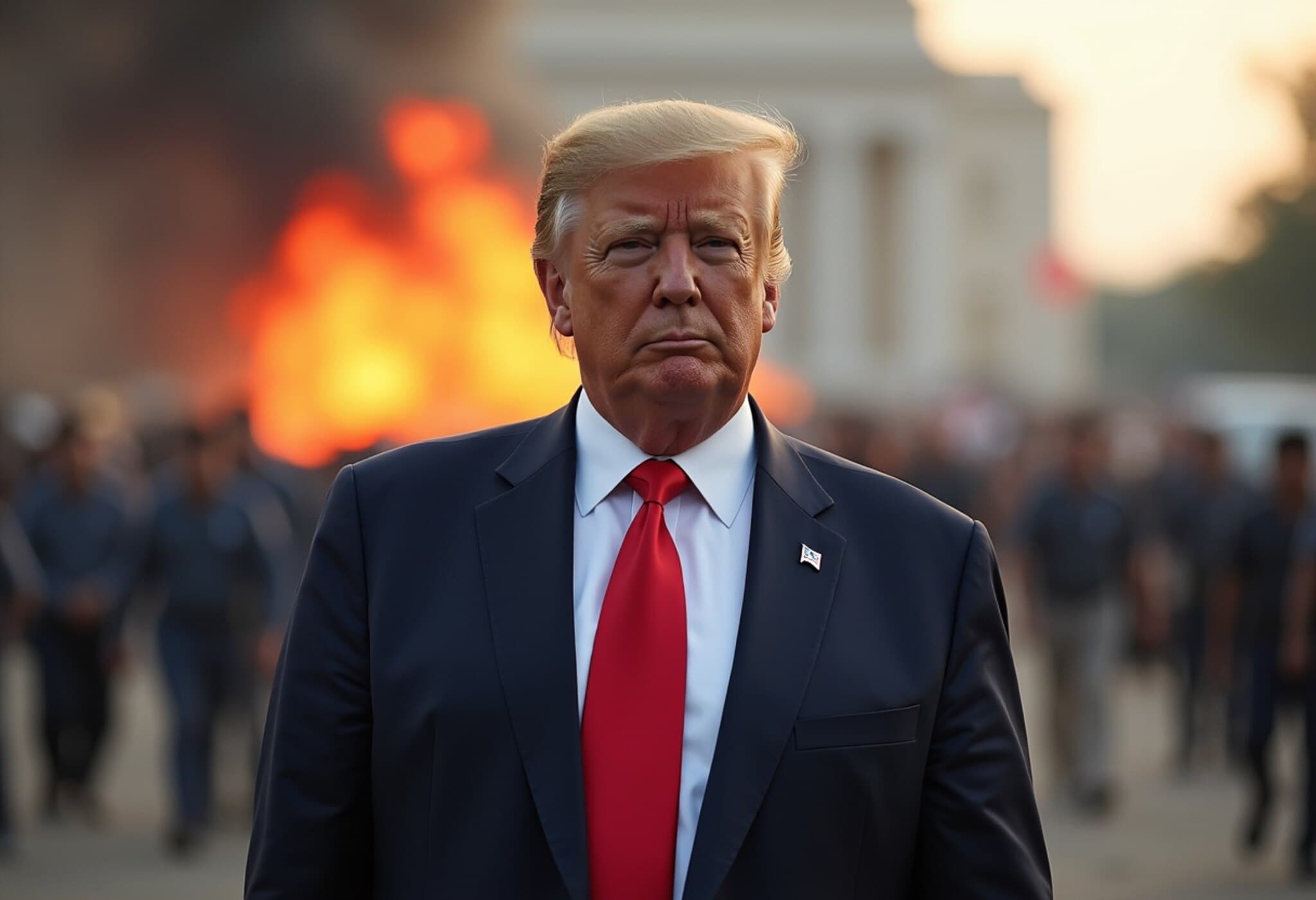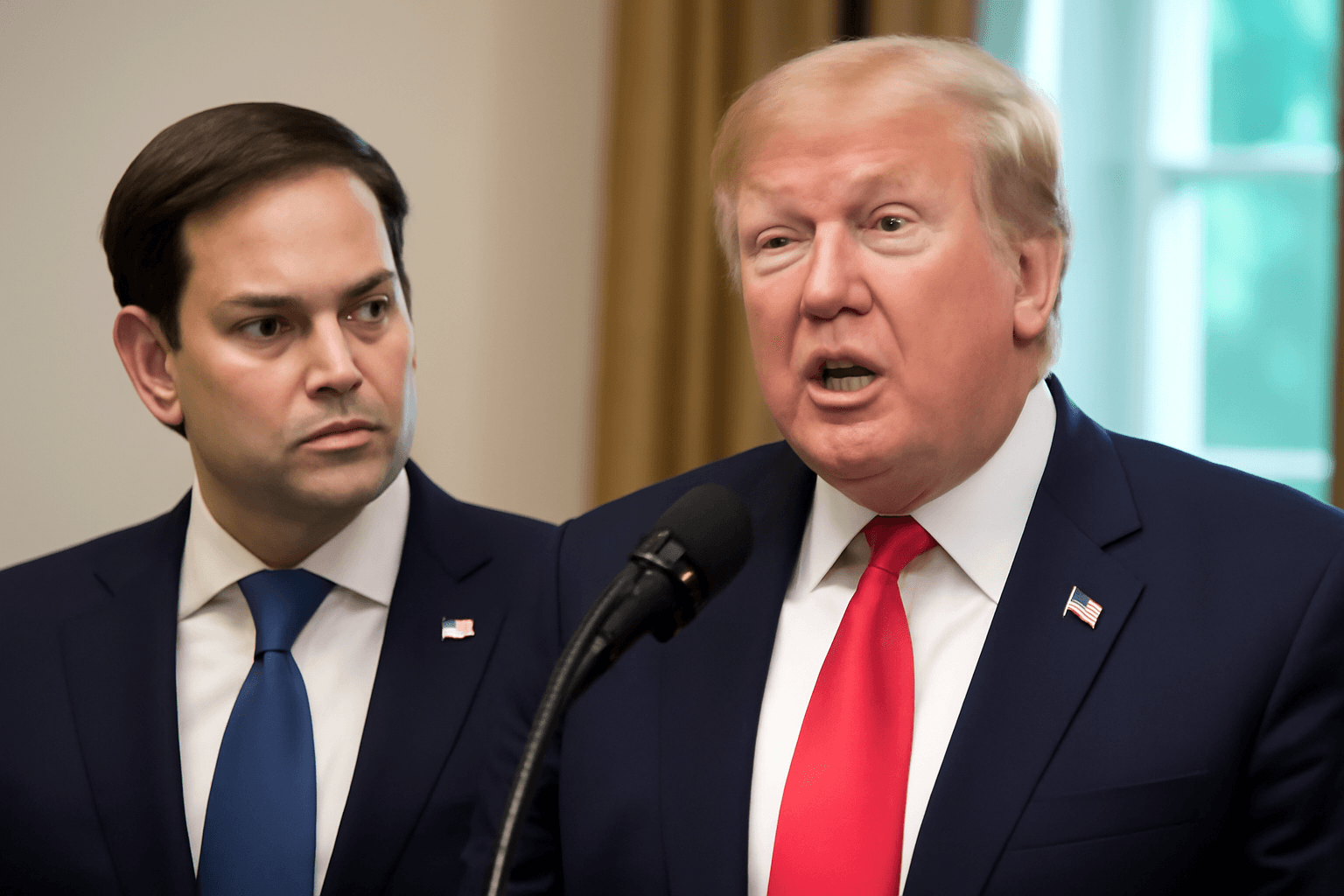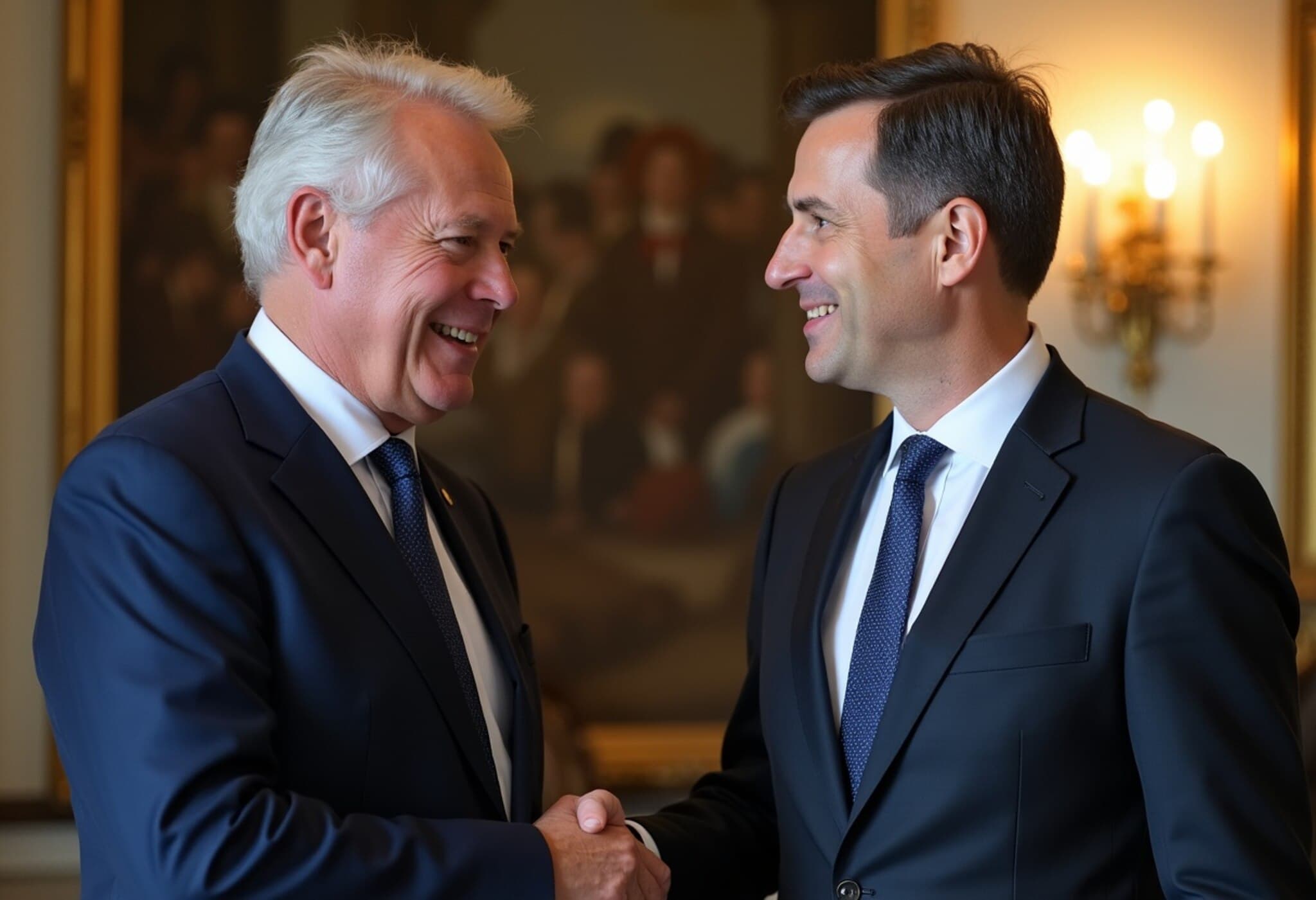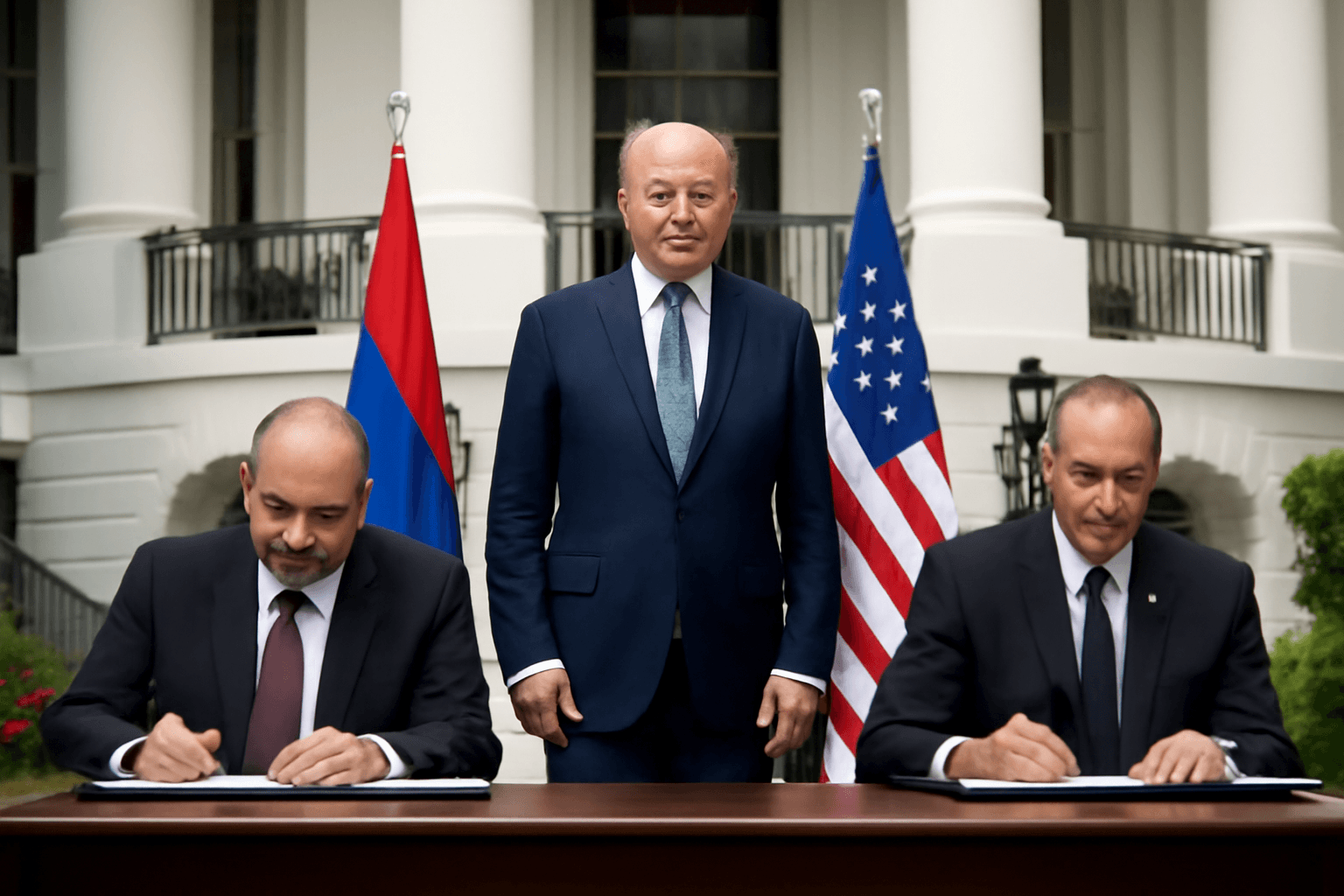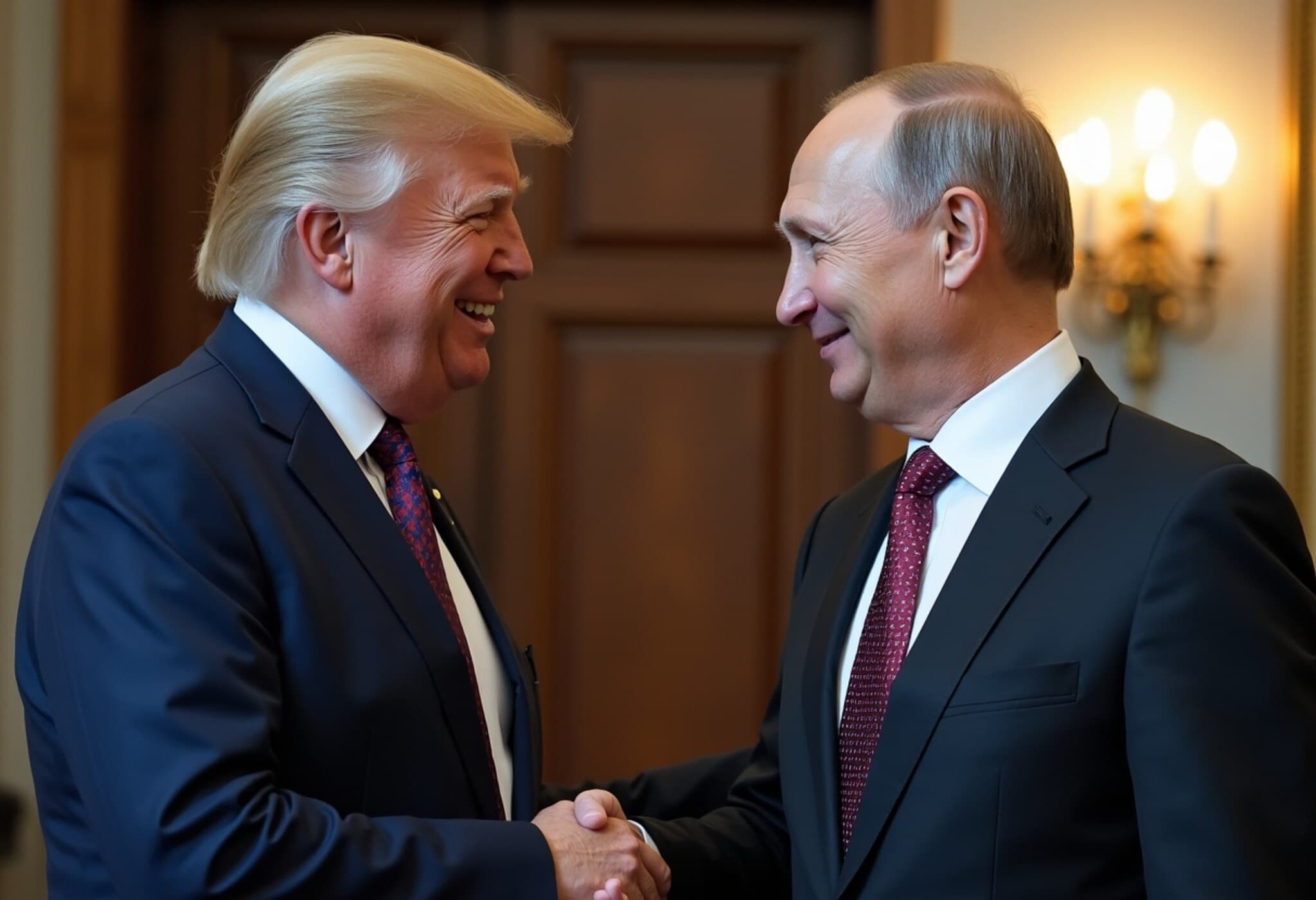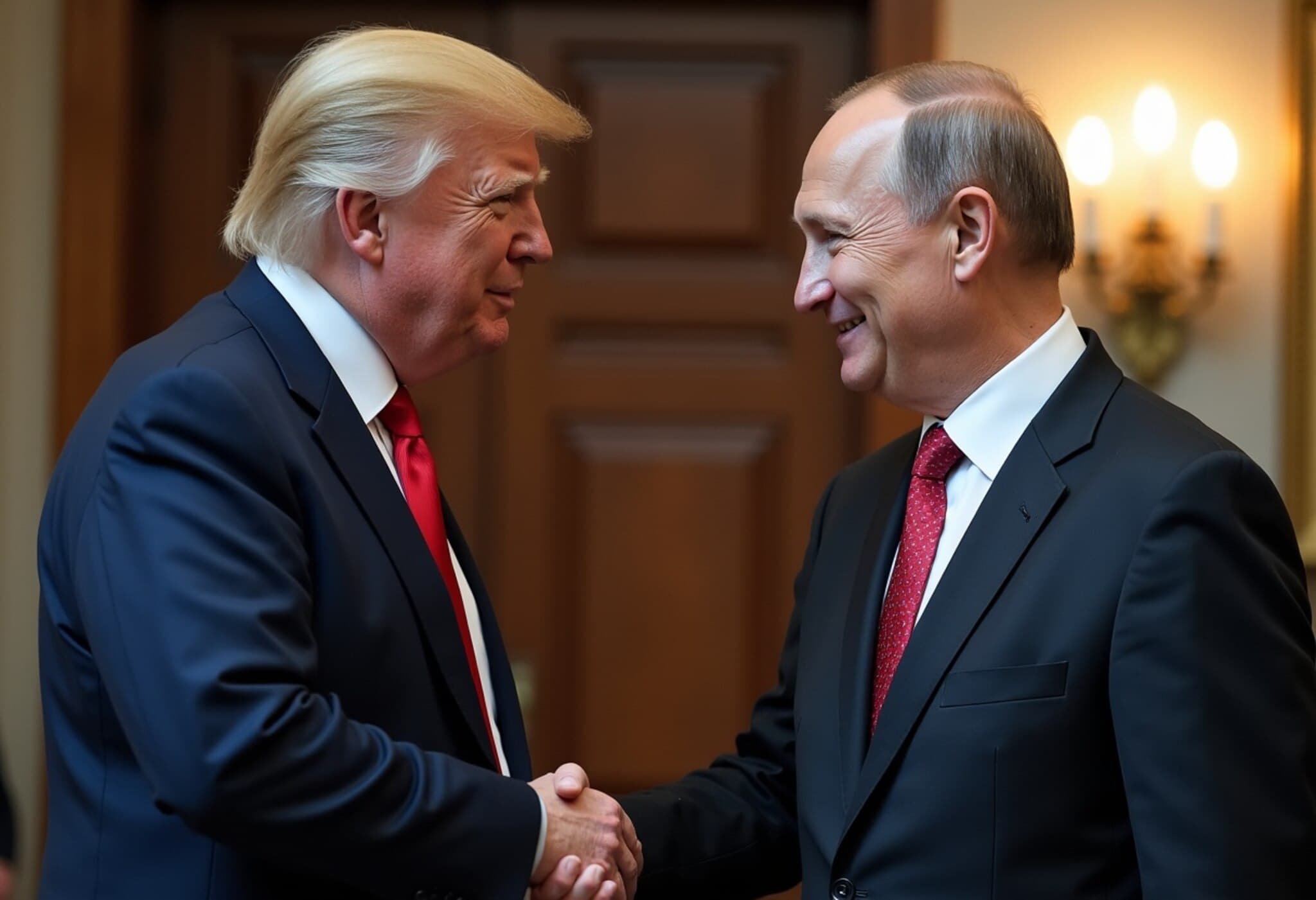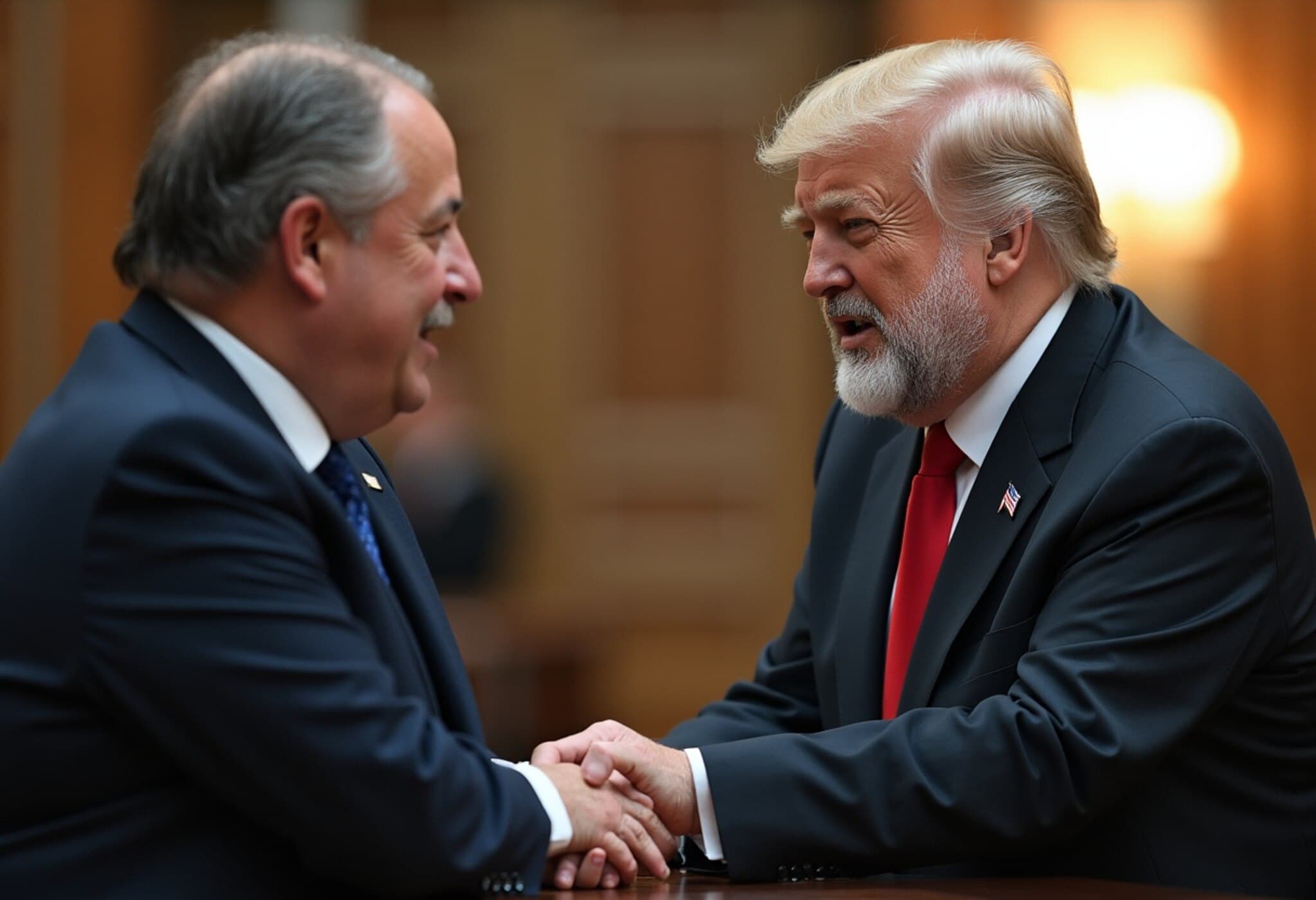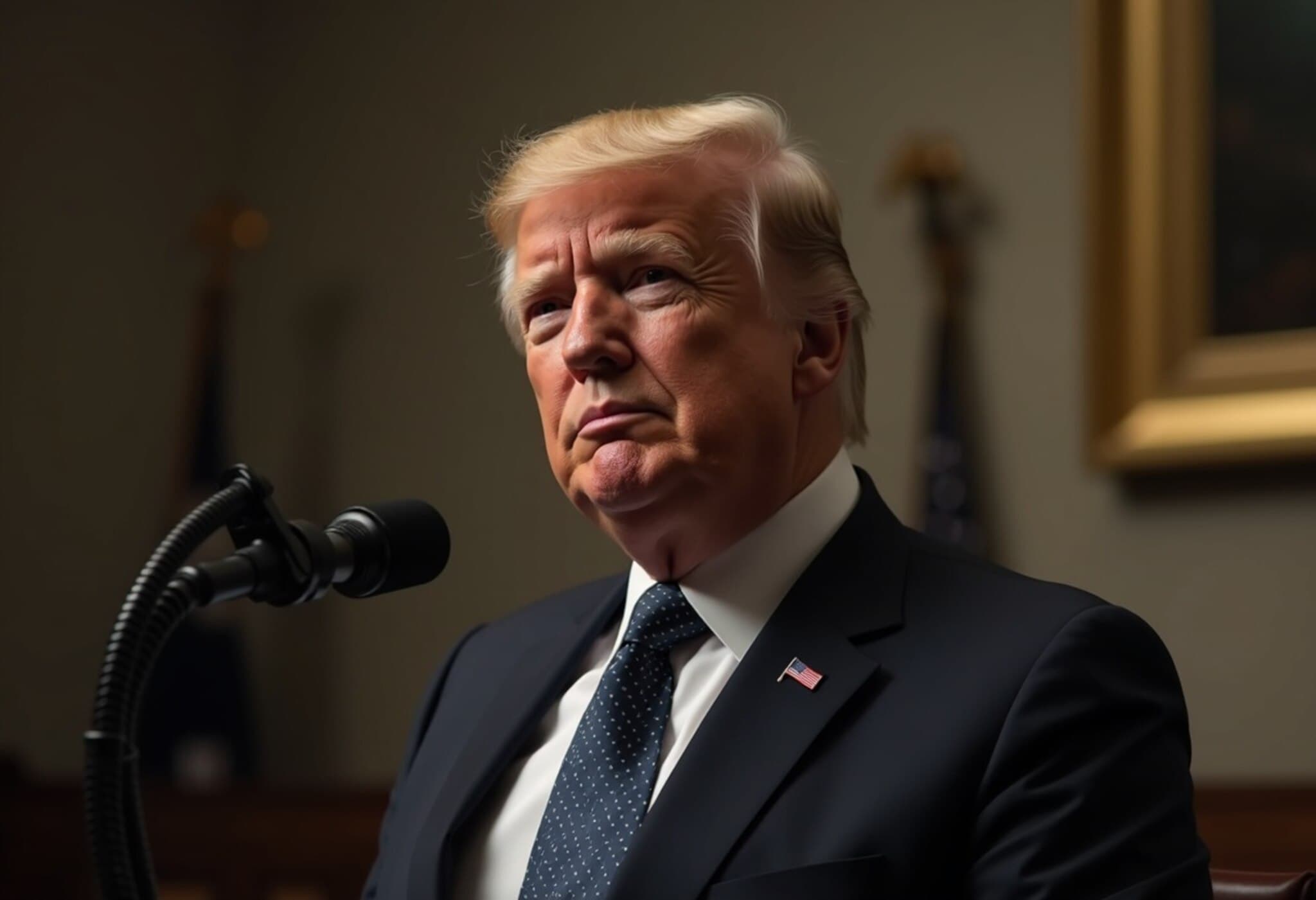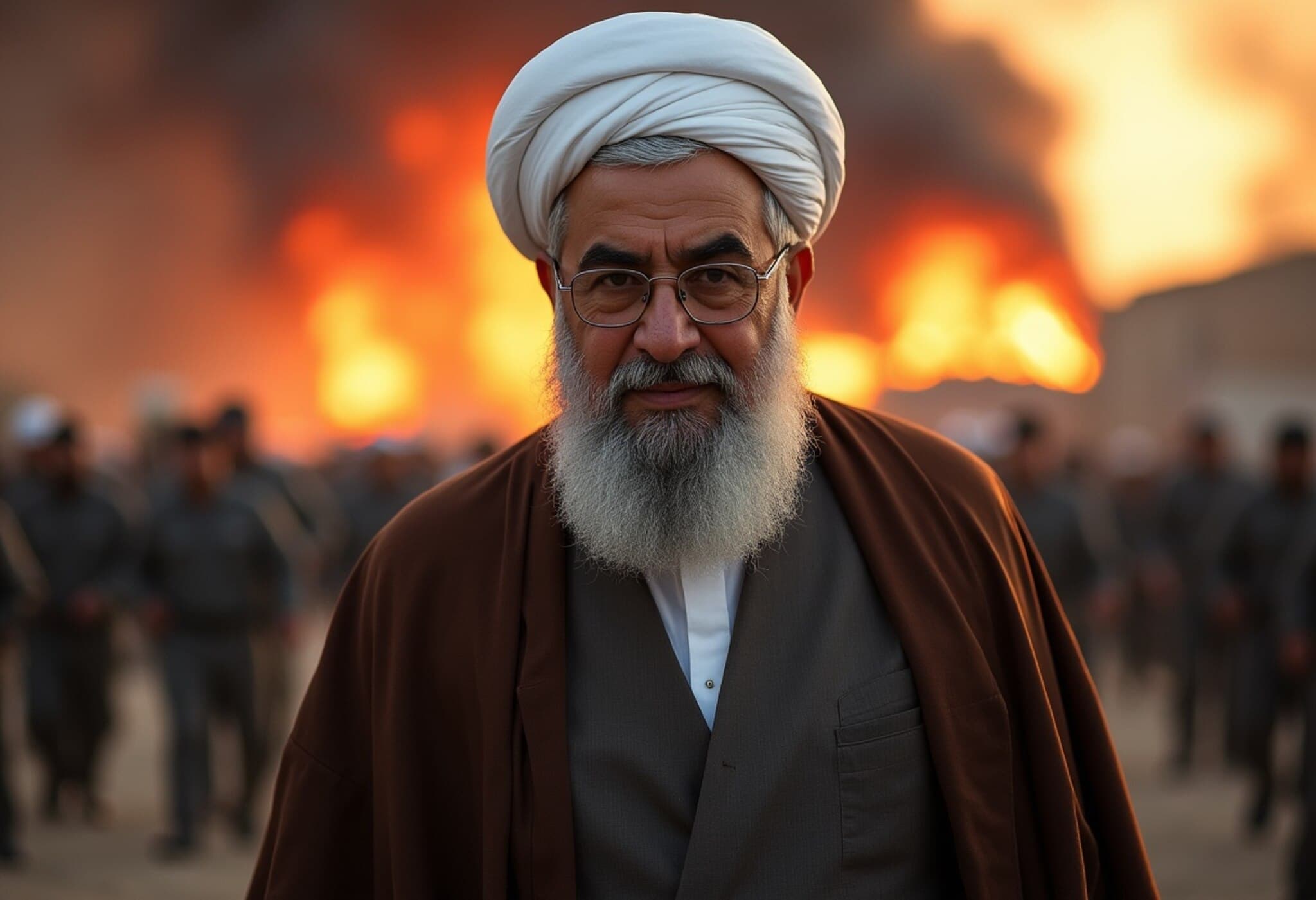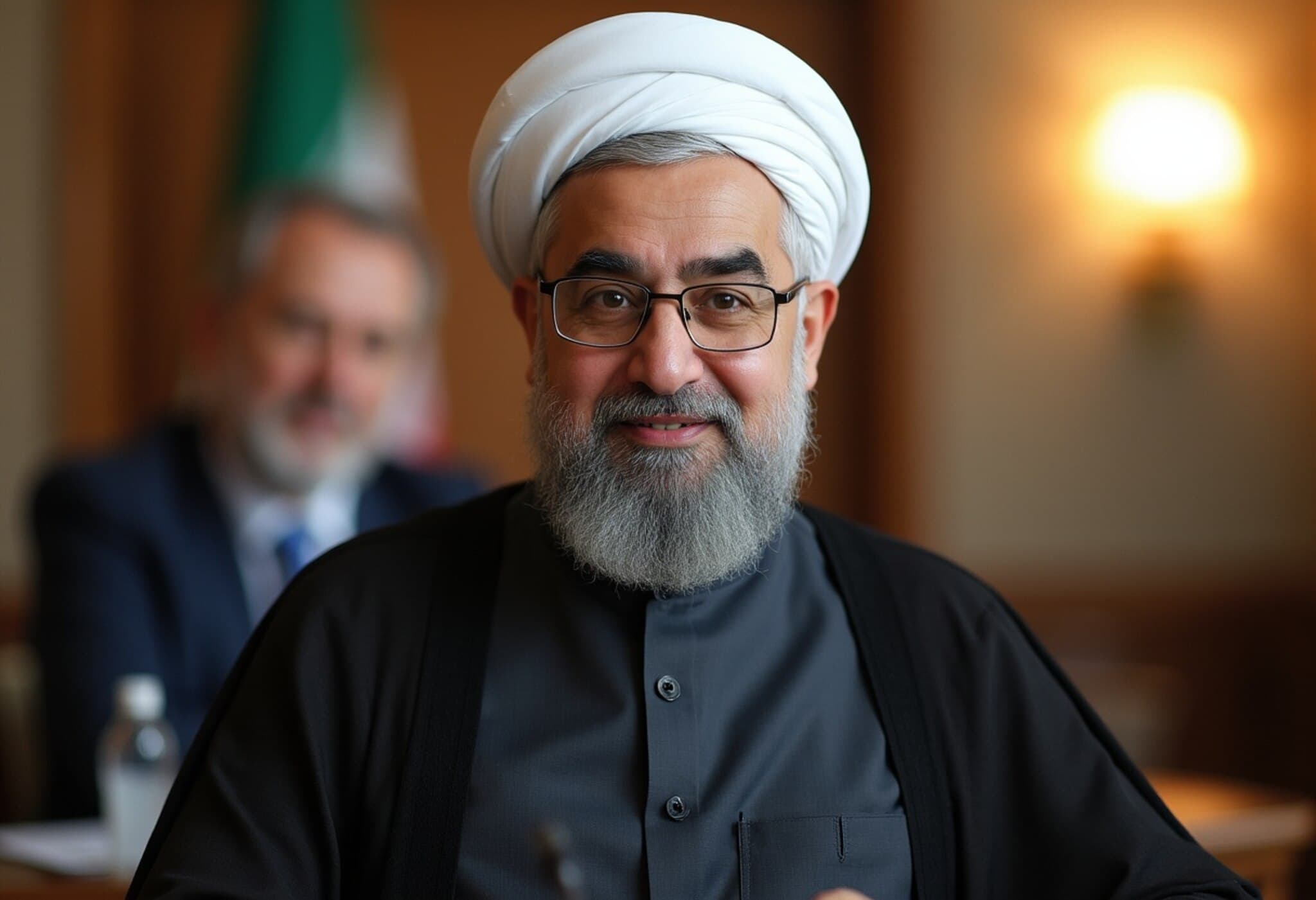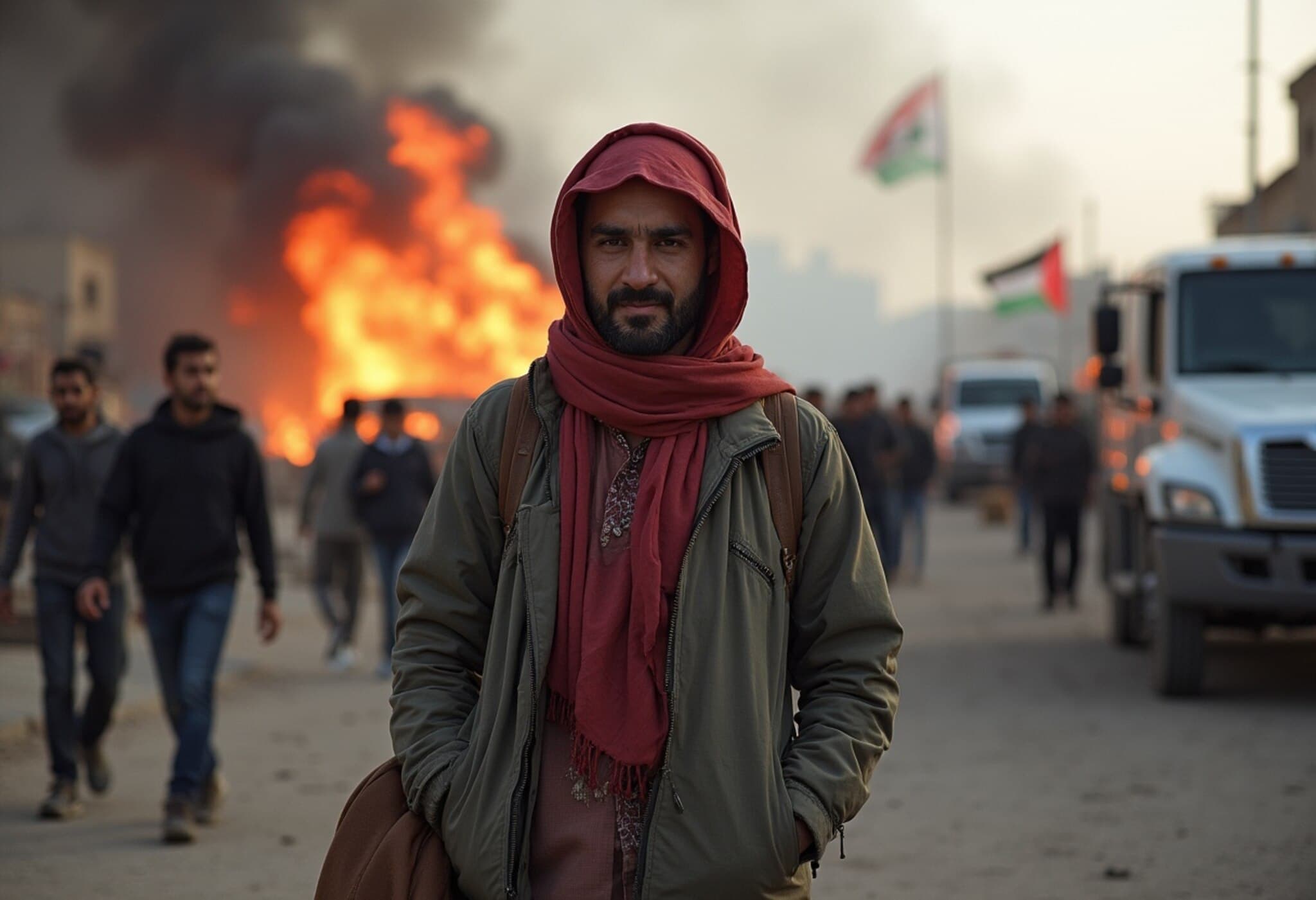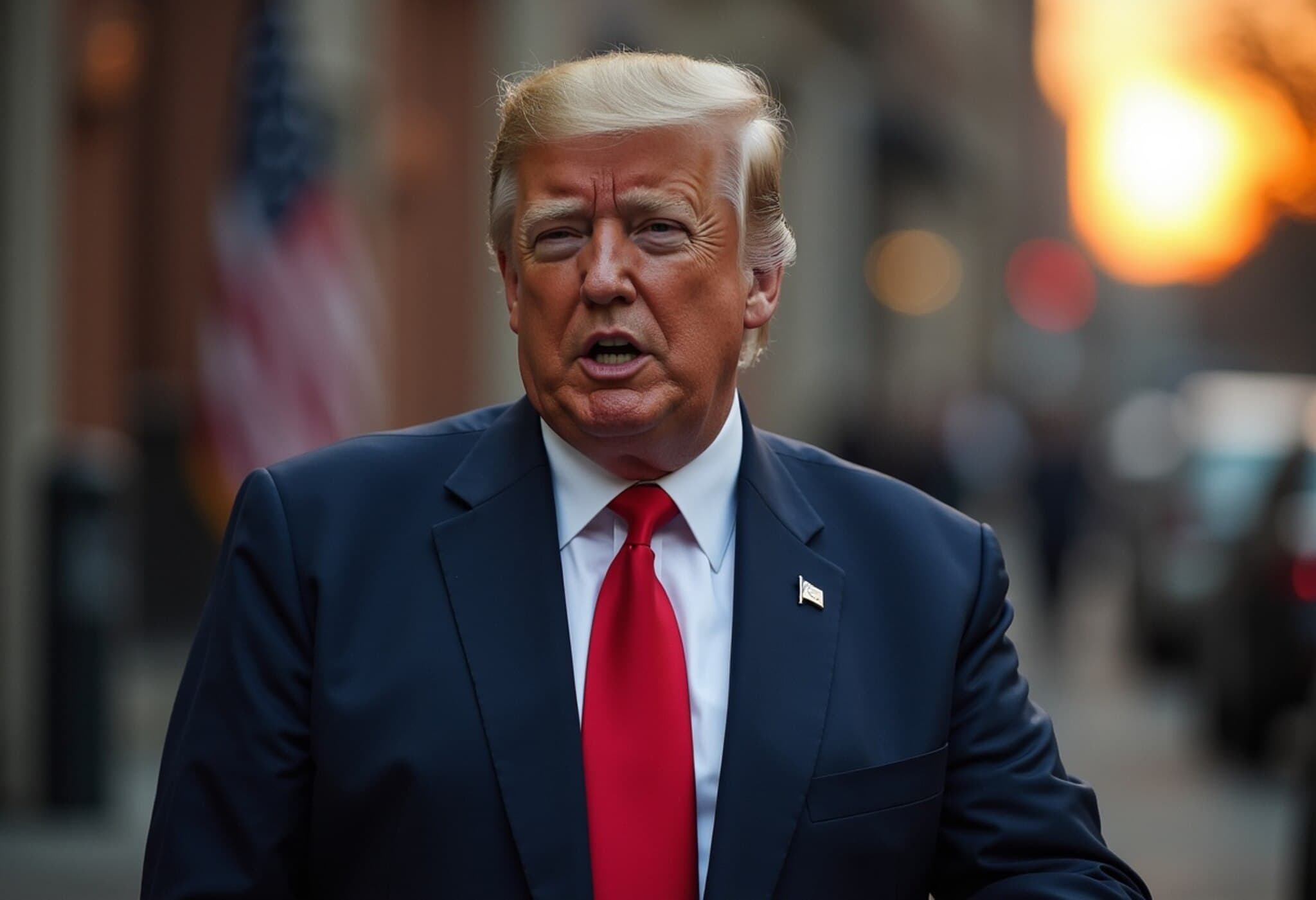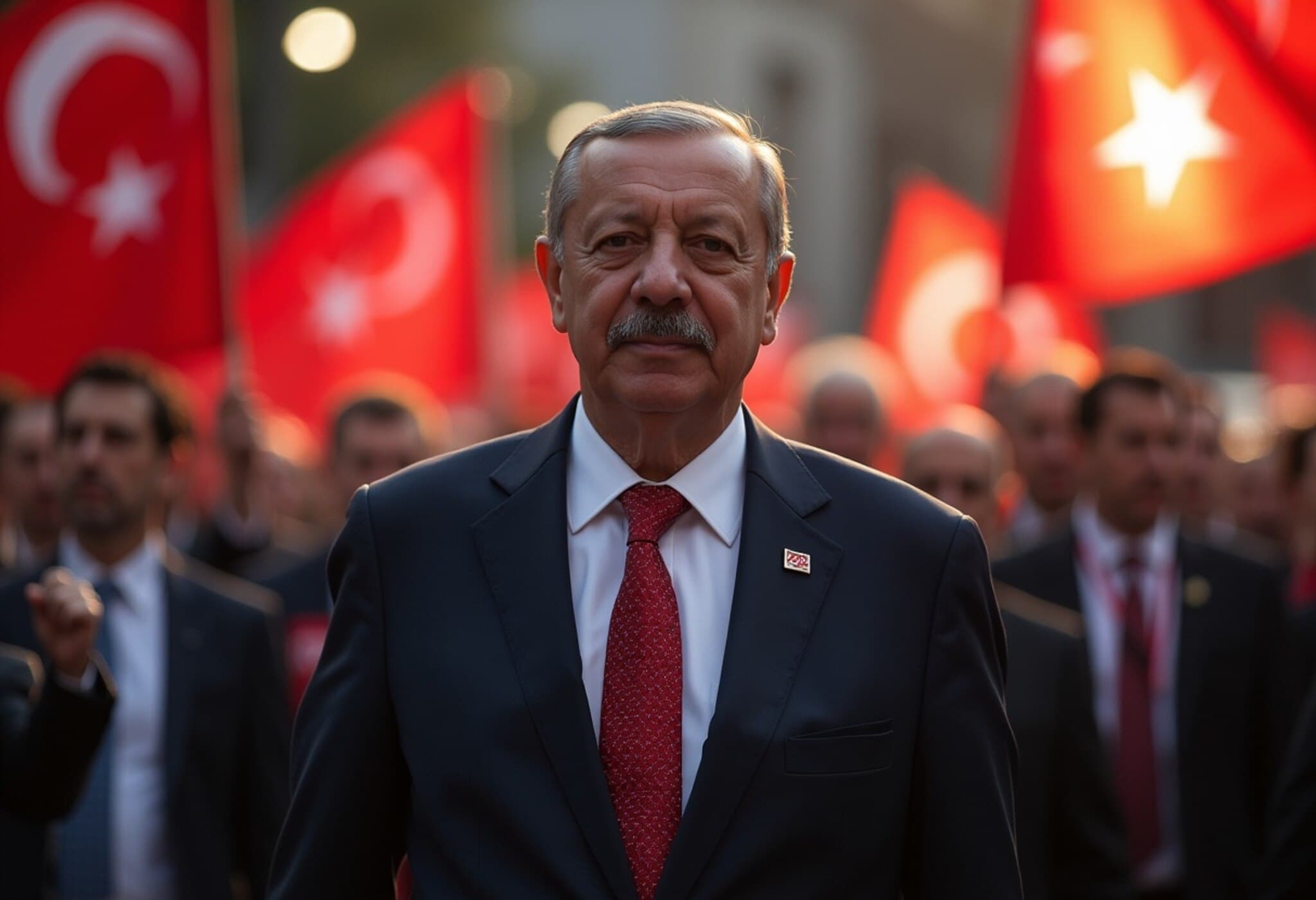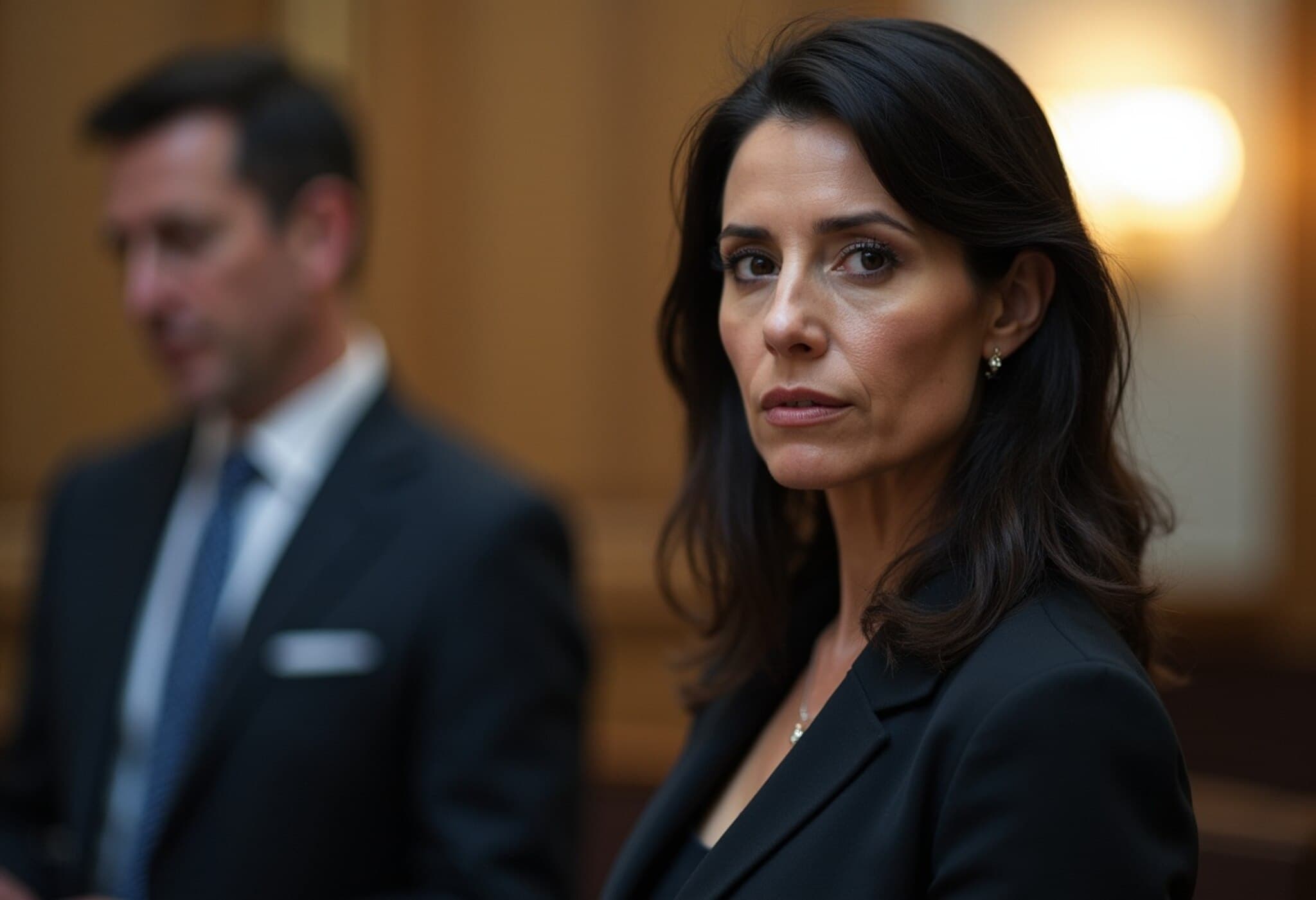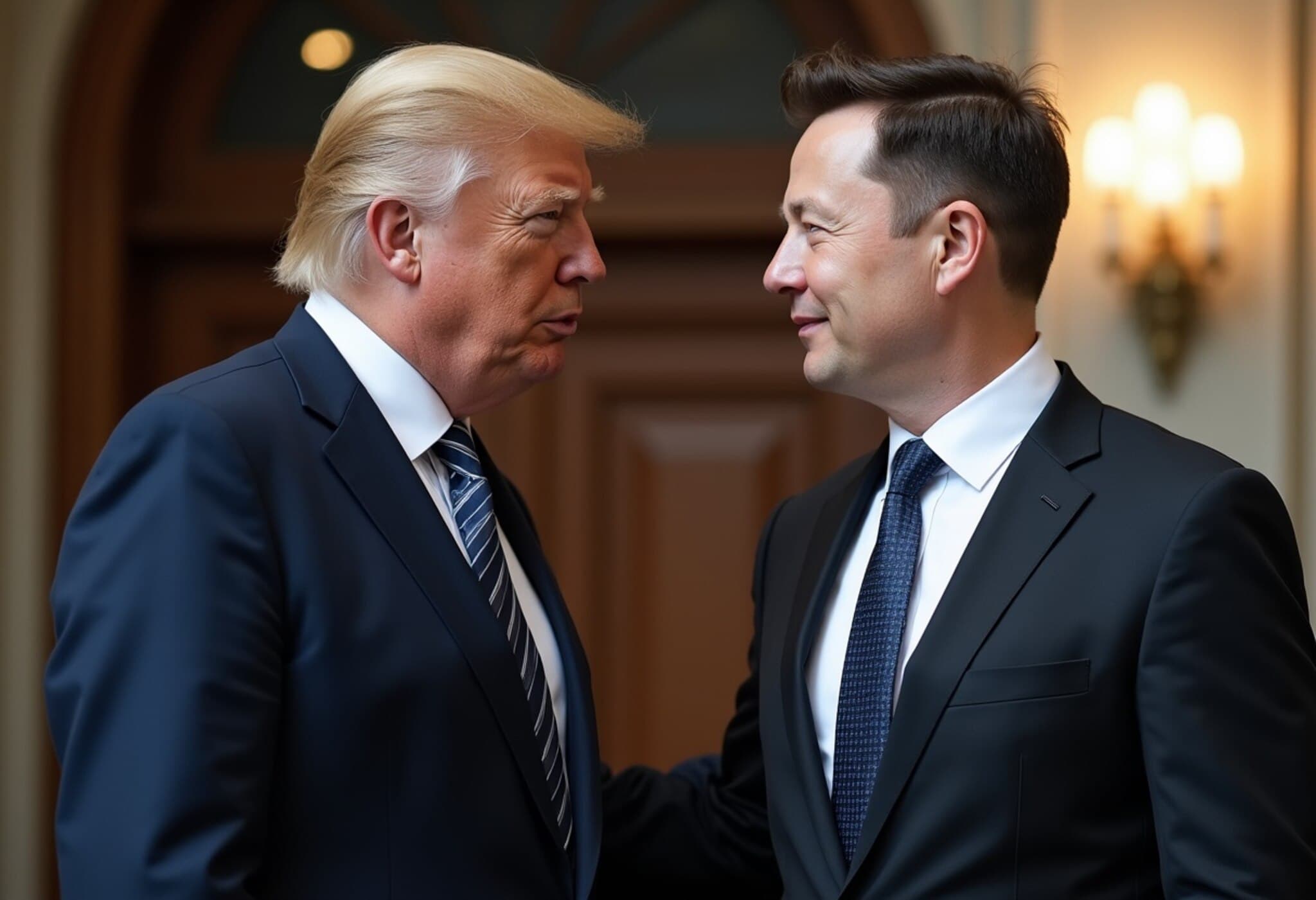Renewed Diplomacy: Iran Meets European Leaders in Istanbul
In a significant development amidst escalating tensions, Iranian diplomats are set to engage with representatives from Germany, Britain, and France this Friday in Istanbul, marking the first such meeting since Israel's mid-June military strike on Iranian nuclear and military sites triggered a 12-day conflict. These discussions come at a delicate juncture, with looming threats of the United Nations reimposing sanctions on Iran—measures that could profoundly reshape regional geopolitics and Iran’s economic landscape.
Backdrop: From Military Strikes to Diplomatic Strains
The June 13 Israeli offensive targeted key nuclear facilities and military positions, resulting in significant casualties, including top commanders and scientists, and extensive damage to infrastructure. This assault not only escalated regional hostilities but also derailed ongoing U.S.-Iran nuclear negotiations that had resumed in April. The blow reverberated through diplomatic channels, complicating efforts to revive the 2015 Joint Comprehensive Plan of Action (JCPOA).
European Powers Weigh ‘Snapback’ Sanctions
The trio of European countries, collectively known as the E3, have emphasized the risk of invoking the JCPOA’s “snapback” provision to reinstate UN sanctions by August’s end if no progress is made. A European insider remarked, “Inaction by the E3 is not an option,” underscoring the urgency as the snapback window is set to close in October.
Preparations for reactivating sanctions underscore the Europeans’ desire to pressure Iran into making substantive concessions, particularly regarding uranium enrichment levels and cooperative ties with the International Atomic Energy Agency (IAEA). As tensions simmer, the talks in Istanbul will test Iran’s willingness to engage constructively under heightened international scrutiny.
Tehran’s Resolute Stance and Legal Counterpoints
Iranian Deputy Foreign Minister Kazem Gharibabadi and senior diplomat Majid Takht-Ravanchi have strongly contested the legality of snapback sanctions, asserting that such measures are illegitimate following the U.S. withdrawal from the JCPOA in 2018. Gharibabadi stated, “We have warned them of the risks, but we are still seeking common ground to manage the situation.” Tehran’s warnings carry weight as they hint at potential withdrawal from the Nuclear Non-Proliferation Treaty (NPT), a move with unpredictable global security ramifications.
Economic and Regional Implications
Reimplemented sanctions would not only deepen Iran’s economic isolation, exacerbating already critical challenges within its economy, but also further destabilize Middle East geopolitics. Israel has actively advocated for snapback activation, emphasizing the threat Iran’s nuclear program poses. Last month’s U.S. airstrikes on Iranian nuclear facilities added fuel to these tensions, highlighting the fragile balance between military action and diplomacy in curbing nuclear proliferation.
Uranium Enrichment: The Core of the Dispute
The contention over uranium enrichment intensity remains a central hurdle. The IAEA notes Iran is enriching uranium up to 60 percent purity, drastically exceeding the 3.67 percent limit established by the JCPOA and edging close to weapons-grade levels. While Tehran maintains that enrichment is a sovereign right and non-negotiable, it has indicated willingness to discuss levels and rates, reflecting a nuanced position amid hardline rhetoric.
National Pride and the Road Ahead
Foreign Minister Abbas Araghchi emphasized Iran’s steadfast commitment to its nuclear program as a matter of “national pride,” especially following recent confrontations. Yet, he acknowledged that current nuclear enrichment activities are temporarily halted due to significant damage from recent strikes.
Since halting IAEA cooperation post-war, Iran’s proposed new form of engagement with nuclear inspectors suggests a potential, though cautious, pathway back to transparency. However, Israeli warnings of resumed strikes and Iran’s vow of harsh retaliation inject further uncertainty into this precarious peace process.
Expert Analysis: Navigating a Complex Crossroads
The resumption of talks in Istanbul represents more than routine diplomacy—it is a test of whether adversaries can shift from military brinkmanship to constructive dialogue in one of the most volatile regions globally. For American policymakers, balancing firm non-proliferation goals with preventing wider conflict is crucial. The snapback sanctions mechanism, once hailed as a fail-safe, now faces skepticism over its viability amidst geopolitical fracturing.
Policy experts emphasize:
- Need for flexible diplomacy recognizing Iran’s security concerns.
- Risks inherent in escalating sanctions without parallel engagement.
- The importance of multilateral cooperation beyond the original JCPOA signatories.
The unfolding scenario demands careful navigation to avoid further destabilization while safeguarding international non-proliferation norms.
Editor’s Note
The upcoming negotiations in Istanbul underscore a pivotal moment in the decades-long saga of Iran’s nuclear program. While threats of snapback sanctions resurface old tensions, they also open a door, however narrow, for renewed dialogue. Readers should watch closely how regional powers balance hardline postures with pragmatic engagement, as the outcomes will ripple far beyond the Middle East—impacting global security, energy markets, and diplomatic norms. Questions linger: Can diplomacy outpace military escalations? Will international legal frameworks adapt to evolving realities? This story remains one to watch with critical attention.

